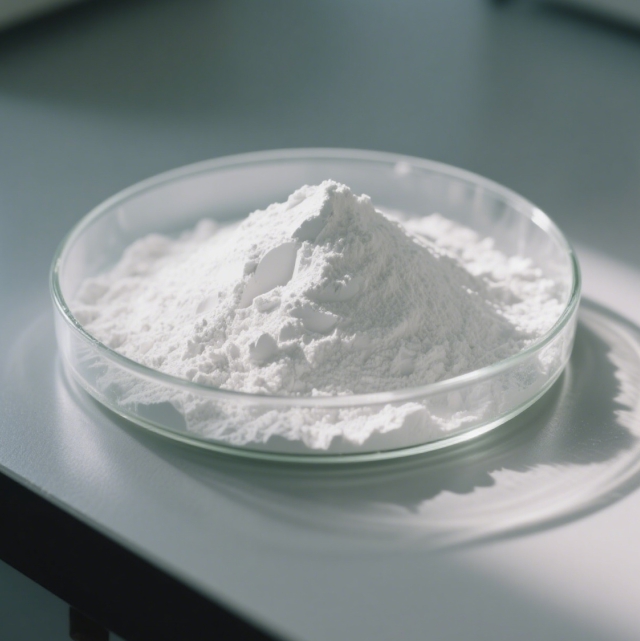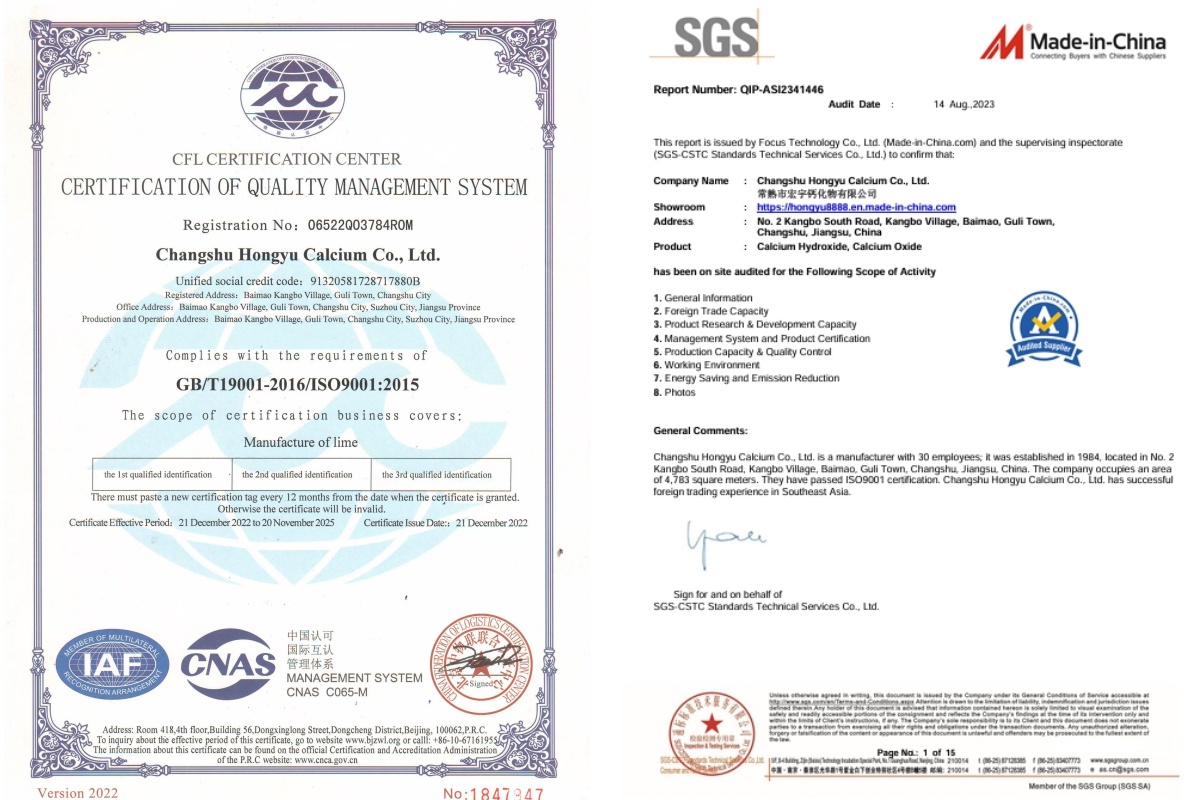Ground Calcium Carbonate (GCC), also known as heavy calcium carbonate, is an important inorganic non-metallic mineral powder material. It is processed from natural calcium carbonate minerals (such as calcite, limestone, marble, etc.) through crushing, grinding, classification and other processes. It has the characteristics of high purity, good whiteness, strong chemical stability and low cost, and is widely used in papermaking, plastics, coatings, rubber, adhesives, building materials and other fields.
Physicochemical Properties
Chemical composition: Mainly composed of CaCO₃ with a purity usually ranging from 90% to 98%, and low content of impurities (such as iron, manganese, silicon, etc.).
Whiteness: Generally above 85% - 95%, and high-whiteness products can meet the needs of scenarios with high appearance requirements such as coatings and papermaking.
Particle size and particle size distribution: Depending on the application, the particle size range is wide, from dozens of meshes (coarse powder) to thousands of meshes (ultrafine powder), and even nanoscale (e.g., 1-10μm). The uniformity of particle size distribution has a great impact on product performance.
Other characteristics: Non-toxic, odorless, low hardness, easy to grind, and good chemical stability.

Paper Industry
As a filler: Adding ground calcium carbonate during paper production can improve the opacity and whiteness of the paper, making it look whiter and smoother. At the same time, it can also enhance the stiffness and flexibility of the paper, making it more suitable for printing and writing. In addition, it can partially replace the more expensive plant fibers, thereby reducing production costs.
For surface coating: In the paper coating process, ground calcium carbonate is an important pigment component. It can endow the paper with good gloss and printability, making printed patterns clearer and colors more vivid.
Plastics Industry
As a filler: Ground calcium carbonate can be heavily filled into plastic products, effectively reducing the production cost of plastics. Meanwhile, it can also improve the physical properties of plastic products, such as enhancing the rigidity, hardness, dimensional stability and heat resistance of plastics.
Coating Industry
As an extender pigment: In coatings, ground calcium carbonate is an important extender pigment. It can increase the solid content of the coating and improve the hiding power, abrasion resistance and weather resistance of the coating film.
Regulating coating rheological properties: By adjusting the addition amount and particle size distribution of ground calcium carbonate, the rheological properties of the coating such as viscosity and thixotropy can be regulated. This makes the coating less likely to precipitate during storage, more convenient to apply, and able to form a uniform and smooth coating film.
Rubber Industry
Enhancing rubber performance: When ground calcium carbonate is filled into rubber products, it can improve the mechanical properties of rubber, such as hardness, tensile strength, abrasion resistance and tear strength.
Reducing production costs: As a relatively low-cost filling material, ground calcium carbonate can largely replace part of rubber raw materials. On the premise of not significantly reducing the performance of rubber products, it can effectively lower production costs and improve the market competitiveness of rubber products.
Building Materials Industry
Application in cement and concrete: In cement production, ground calcium carbonate can be used as a admixture for cement to improve its performance and adjust its setting time. In concrete, it can serve as an auxiliary cementitious material, partially replacing cement and thus reducing the production cost of concrete.
Application in putty powder and wall coatings: In putty powder for building decoration, ground calcium carbonate is the main filling material. It endows putty powder with good trowelability, filling property and sandability, making the wall surface more flat and smooth.


Storage and transportation:
1. Precautions for transportation
Choose transport tools that have good tightness and corrosion resistance to avoid scattering of calcium carbonate.
2. Precautions for storage
Calcium carbonate packaging should be sealed to ensure integrity, avoid damage to the packaging, and moisture, pollution, and other conditions. Calcium carbonate storage should not allow direct sunlight and a high-temperature environment; the best place is a dry, well-ventilated warehouse.
Q: Are you a trading company or a factory?
A: We are a factory.
Q: What are your main products?
A: Calcium oxide, Calcium hydroxide, Light calcium carbonate, Heavy calcium carbonate,Nano calcium carbonate
Q: How do you control quality?
A: Our factory is equipped with professional technicians to control the quality, and the inspectors conduct a sample test every 2 hours to ensure the quality of our production. We also accept BV, SGS or any other third party inspection.
Q: Where is your factory?
A: Our factory is located in Changshu, Jiangsu Province, welcome to visit us at any time.
Q: Do you offer custom calcified products?
A: We offer various grades of calcium products to meet the needs of our customers.
Q: How do I contact you to purchase a product?
A: Below is our contact information, please feel free to contact us at any time.
Contact :Mr. zhou
Phone/Wechat:15250326132
Skype: lousong1030
Email: zhou@cshyghw.com













